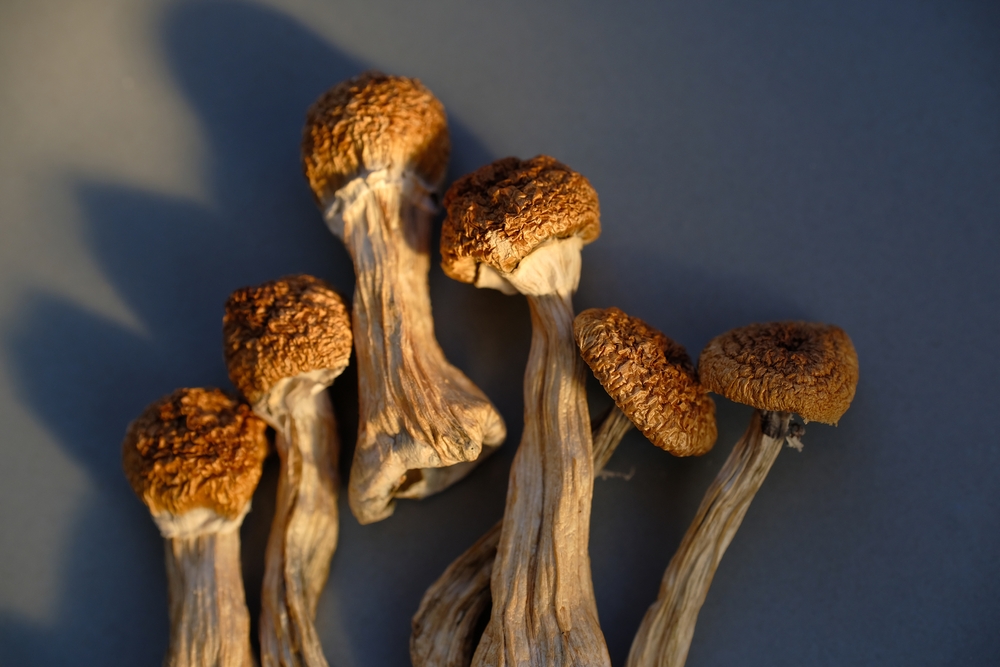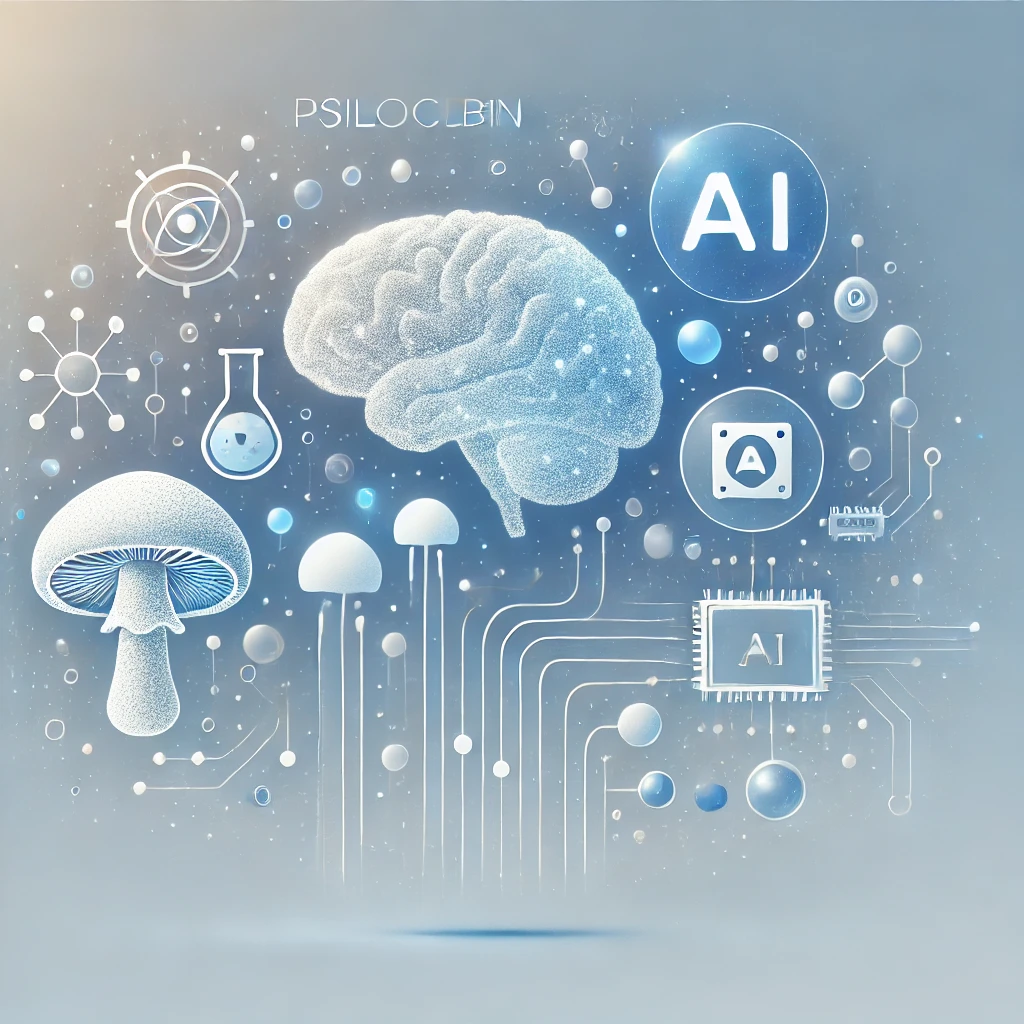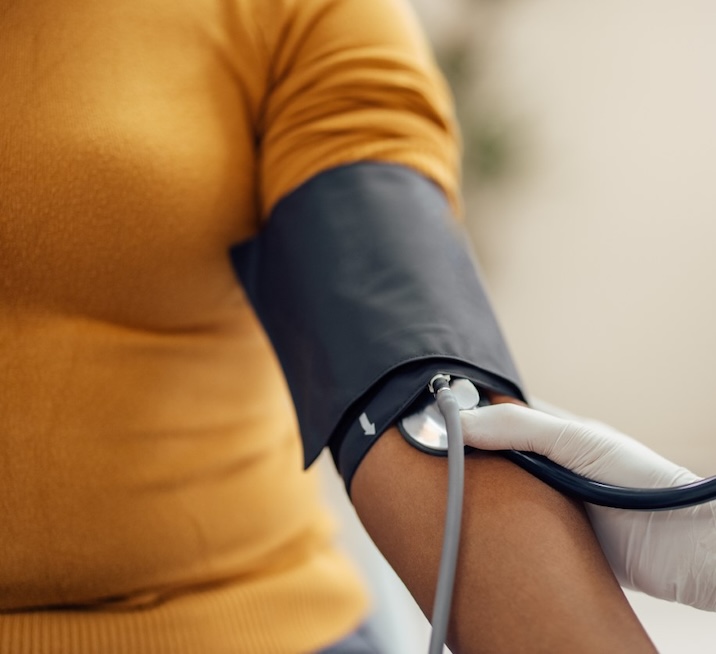In the journey of healing, understanding the human condition—particularly the impacts of trauma—requires compassion, patience, and a deep empathy that resonates with every individual’s unique experience. Trauma isn’t merely a psychological issue but a profound disruption of one’s sense of self and safety in the world. Recognizing this, there’s growing interest in the role of microdosing psilocybin as a novel approach to trauma therapy, promising a path that heals by reconnecting individuals with their inner selves and the world around them.

The deep impact of trauma
Trauma shapes our lives in complex ways, often submerging us into patterns of fear, withdrawal, or hyper-alertness. It’s not the events themselves that define trauma, but how our minds and bodies respond to them—how they alter our perceptions and disconnect us from our present experiences. Healing, therefore, involves not just addressing the symptoms but nurturing an environment where our deepest wounds can be safely explored and healed.
Microdosing psilocybin: a path to healing
Microdosing involves taking low doses of psychedelics like psilocybin, which don’t produce the overwhelming effects of a full psychedelic experience but are intended to subtly influence cognition and emotion. This approach, particularly when integrated with therapeutic practices, aims to gently lift the fog of trauma. Users often report enhanced emotional clarity, increased presence, and a greater connection to others—elements crucial for those recovering from trauma.
The science behind the approach
Psilocybin interacts with serotonin receptors in the brain, often leading to an increased sense of connectedness and a decreased tendency towards rumination and negative thought patterns. For trauma survivors, this can mean fewer flashbacks, less anxiety, and a more hopeful outlook on life. Research, while still in early stages, suggests that psilocybin can help ‘reset’ brain activity patterns associated with depressive states and traumatic memories, offering a sort of ‘cognitive flexibility’ that can be therapeutic.
The potential benefits of microdosing for trauma recovery include improved mood regulation, decreased symptoms of PTSD, and a renewed sense of hope and openness
Conclusion
Microdosing psilocybin for trauma recovery is to embrace a profound respect for the complexity of human consciousness and the resilience of the human spirit. It’s a commitment to exploring deeply personal experiences in a supportive, nurturing environment.




